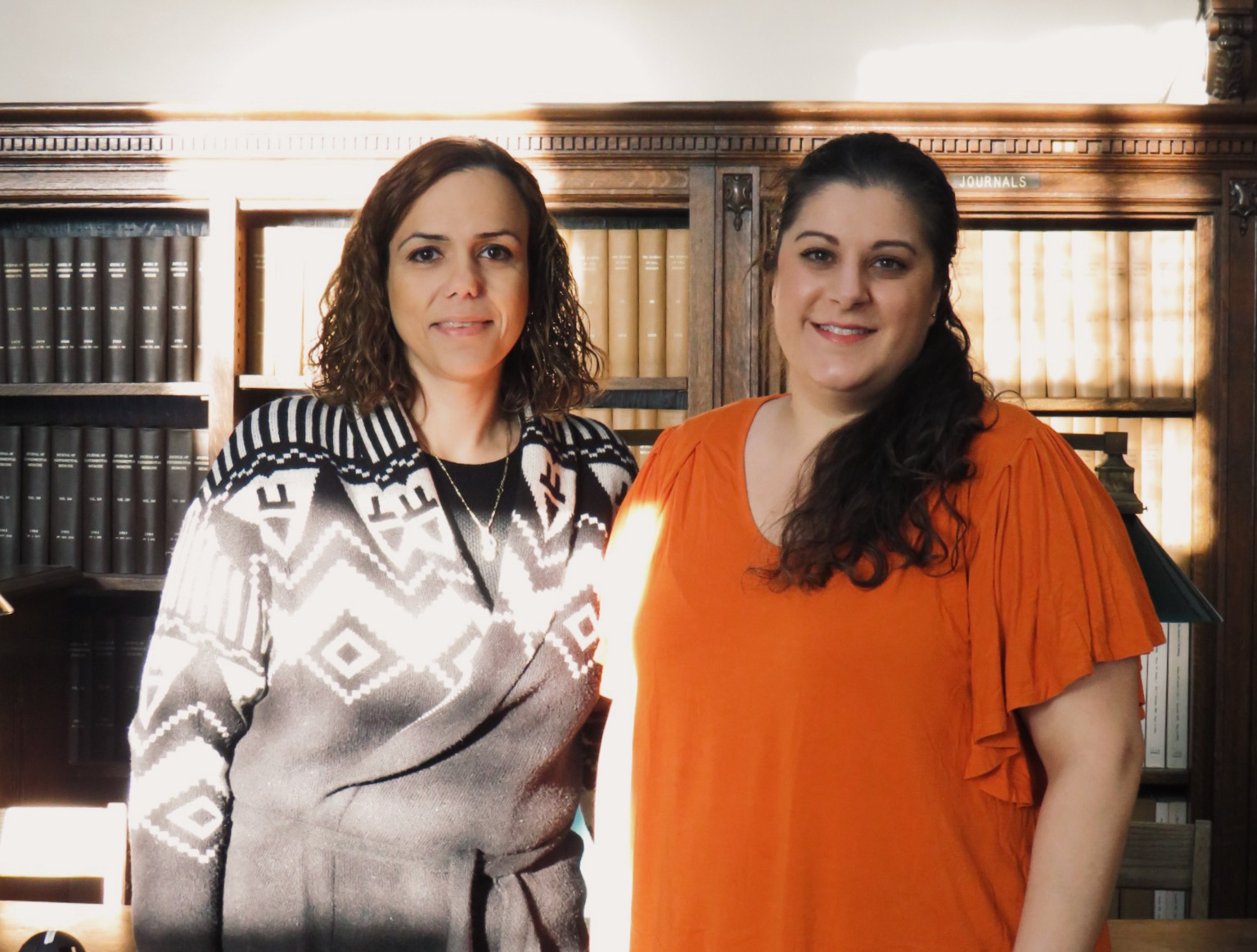
From energy-intense equipment to hazardous waste, laboratories can have a significant impact on the environment. In order to become zero-waste by 2035 and achieve carbon neutrality by 2040, McGill must support labs interested in adopting sustainable practices. While the University is taking steps to provide resources, such as the newly updated Sustainable Labs Guide, many labs at McGill are spearheading their own initiatives.
Natalie Zeytuni, PhD, is the principal investigator at the Zeytuni Laboratory, which is studying molecular mechanisms associated with bacterial pathogenicity to pave the way for targeted novel therapeutics. In addition to her work in McGill’s School of Biomedical Sciences, Zeytuni is tackling lab waste and promoting inter-lab collaboration on sustainability alongside Melissa Valente-Paterno, who is a lab manager and research assistant in the Zeytuni and Bui labs. Valente-Paterno is also chair and project manager of the McGill Green Labs Initiative.
In conversation with the Office of Sustainability, these researchers discussed their experience pushing for change in the lab and what it will take to give the sustainable labs movement more momentum.
What motivated you to get involved in sustainability as a researcher?
Melissa Valente-Paterno (MVP): Before starting at McGill, I came from a lab that was much more focused on saving money. Since a lot of sustainability actions are more affordable long-term, they were keen to use sustainable items like glass pipettes or reusing conical tubes. So that became ingrained in me.
When I started at McGill and saw plastic everywhere, I was like, “Whoa, what’s happening?” I suggested some alternatives that we could look at, but I was met with a lot of resistance from students in the lab. Around early 2020 though, a new wave of students came in who felt really strongly about sustainability, so I approached Dr. Bui again. He agreed that we could work on sustainable lab habits so long as it didn’t take too much time away from experiments and did not affect research excellence or laboratory safety.
Natalie Zeytuni (NZ): I have long been aware of sustainability issues in research and how we, as scientists, are trying to improve the world but can create adverse effects in the process. I remember when I worked on a coral reef conservation project as an undergraduate student, we had to take live coral samples from the reef, but that action by itself had the potential to damage the reef even further. This pattern occurs in many kinds of science; while our intentions are sound, our work can cause real damage. That’s not to say that we shouldn’t do the research, but we need to be more responsible about our potential impact. So, when Melissa approached me, I decided to join forces with her.
What are some challenges you have faced when trying to implement sustainable lab habits?
NZ: Getting people on board is the hardest part because often the automatic answer is “No”. My focus has been advocating for the reduction of lab waste, and a lot of people usually think doing this will make your life as a researcher harder. And it’s somewhat true, these changes do require more work in the beginning. It takes time and energy to change well-established systems — but that doesn’t mean we shouldn’t do it.
I think having more resources available for labs to help them make the transition would go a long way toward recruiting more labs to implement sustainable practices. If it doesn’t affect the workload of researchers, they’ll be more inclined to transition to reusables, because as scientists, we are all aware of the repercussions associated with the waste we generate. That’s where Melissa and I meet on the same page and are working together to overcome this accessibility barrier. We want people to be able to use these solutions without suffering from significant impacts on their funds, time, or efforts.
MVP: As a staff member, I don’t have the same influence that faculty does. But as more labs join this movement, we can grow the initiative and make bigger changes. Tools like the Sustainability Projects Fund (SPF) are also helping to build momentum. Once there are resources and support for labs, it becomes much more attractive for lab users to implement these changes.
What message do you want to share with other labs in the McGill community?
NZ: Making efforts toward sustainability in our research and in our labs is worth it. We might not see the effects right away, but it’s totally worth it in the long run.
MVP: Any green action being done, no matter how big or small, has a positive impact on the environment, even if you can’t physically see it. Also don’t forget that this work doesn’t have to be done alone. There’s a community of staff, faculty, and students who are facilitating these changes together. It’s a movement, and working together is how we can really make a difference.
To help your lab implement more sustainable practices, consult the Sustainable Labs Guide and learn about upcoming workshops and initiatives on the Green Labs Initiative at McGill Facebook page. Additionally, any student, staff, or faculty member can apply to the Sustainability Projects Fund to support their lab’s green transition.

I’m not sure that serological pipettes were such a good example. Washing, rinsing, plugging, packaging, and sterilizing is a lot of work for someone, and any breaks along the way can be fatal for research. On the other hand, sterilizing microcentrifuge tubes in house is a no-brainer and glass pasta sauce jars are just the right size. It also burns me to see packaging such as pipette tip boxes etc in the waste stream. These things have long been recyclable!